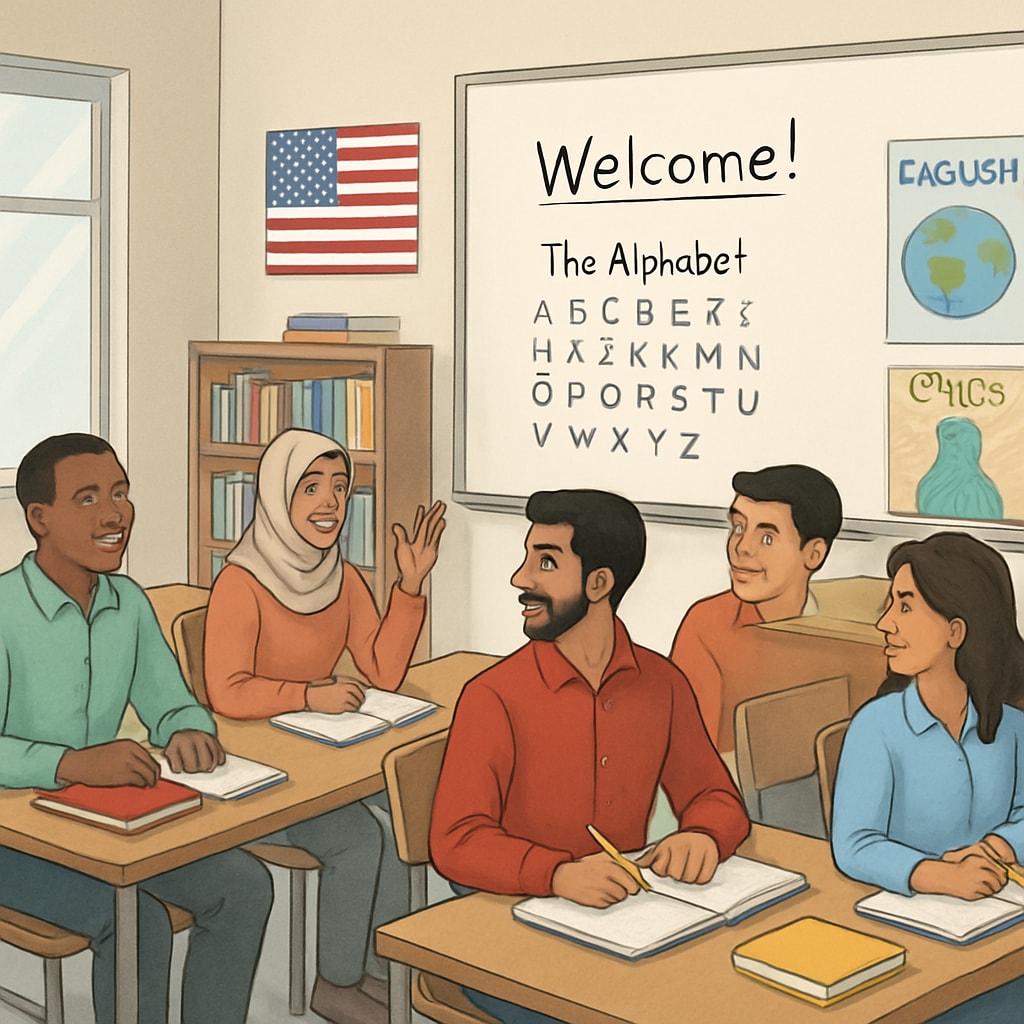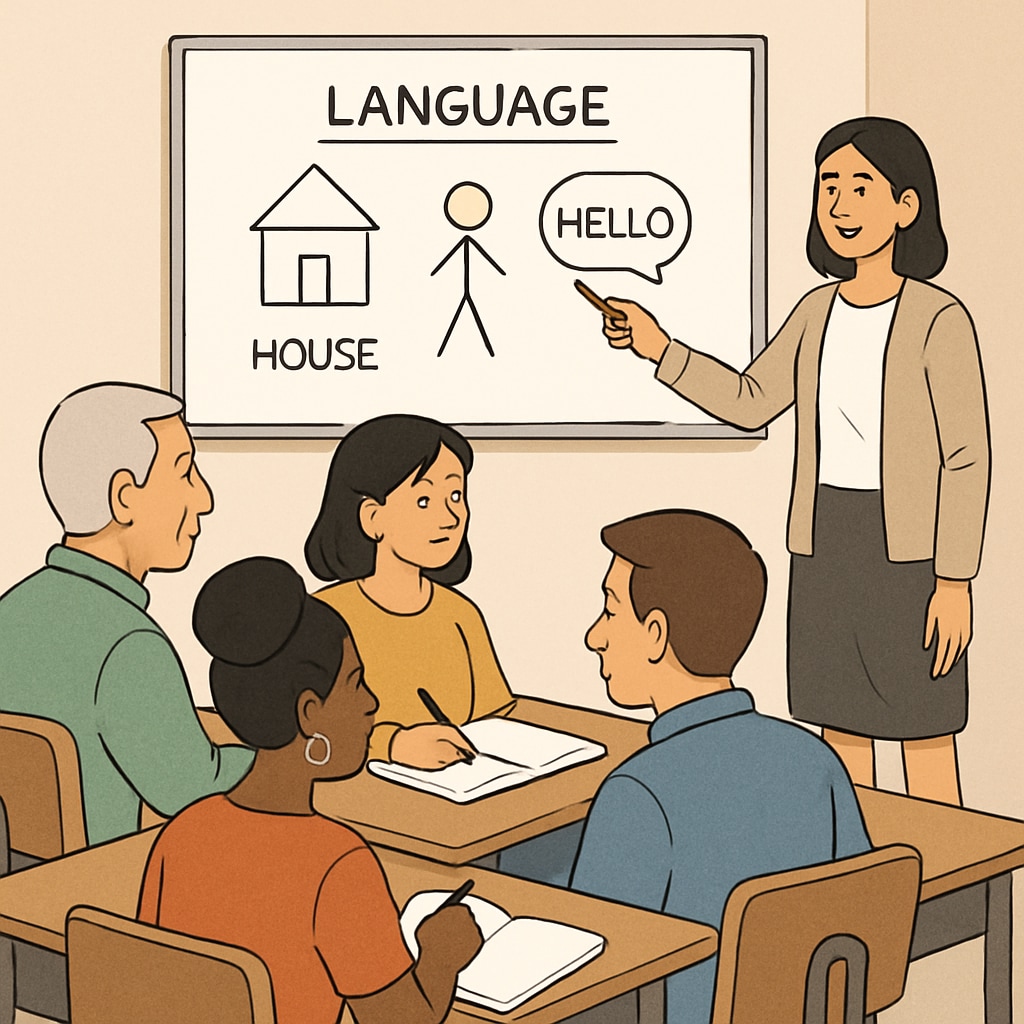Adapting to a new culture often presents significant challenges for adult immigrants. Adult education, cultural adaptation, and foundational knowledge are essential for helping individuals navigate the complexities of Western society. By addressing knowledge gaps in basic subjects like language, mathematics, and social sciences, adult education programs can empower immigrants to thrive in their new environment while fostering cross-cultural understanding.
Understanding the Need for Foundational Education
Many adult immigrants arrive in Western countries with diverse educational backgrounds. However, their prior education may not align with the expectations or standards of the host society. For example, proficiency in English (or another dominant language), familiarity with local laws, and understanding of cultural norms are often prerequisites for meaningful integration. Without foundational education, immigrants may struggle to find employment, access services, or build social connections.
Foundational education provides immigrants with the tools they need to succeed. This includes practical training in subjects such as:
- Language proficiency: Learning the dominant language to communicate effectively in daily life.
- Numeracy skills: Basic mathematics for budgeting and professional tasks.
- Civic knowledge: Understanding local laws, rights, and responsibilities.

Strategies for Effective Adult Education Programs
To address the challenges faced by adult immigrants, education programs should be tailored to their unique needs. Key strategies include:
- Flexible learning schedules: Many immigrants juggle work and family responsibilities. Evening or weekend classes can accommodate their busy lives.
- Culturally responsive curriculum: Programs should incorporate examples and scenarios relevant to the immigrant experience.
- Community-based support: Partnering with local organizations can provide additional resources, such as childcare or transportation.
An excellent example of community-driven education programs is the focus on language immersion courses. Such initiatives not only teach grammar and vocabulary but also emphasize conversational skills, enabling immigrants to participate confidently in social and professional settings.

Addressing Cultural Adaptation Challenges
Cultural adaptation is more than just understanding a new language; it involves developing an awareness of social norms, workplace expectations, and interpersonal communication styles. Adult education programs play a critical role in closing these cultural gaps. For example:
- Workplace etiquette: Training on punctuality, teamwork, and professional communication.
- Social integration: Classes on local customs, holidays, and traditions.
- Conflict resolution: Learning how to navigate cultural misunderstandings respectfully.
As a result, immigrants can build confidence and establish meaningful relationships within their communities. For instance, programs focused on cultural exchange activities—such as potlucks or storytelling events—offer opportunities for immigrants to share their heritage while learning about Western culture.
Conclusion: Building Bridges Through Education
Adult education is not merely a tool for learning; it is a bridge that connects immigrants to their new communities. By addressing foundational knowledge gaps and promoting cultural adaptation, education programs empower immigrants to succeed in Western societies. Whether through language courses, civic training, or cultural workshops, these initiatives provide essential support for navigating a new way of life.
For more information on adult education and cultural integration strategies, explore resources like Adult Education on Wikipedia or Cultural Adaptation on Britannica.
Readability guidance: Use short paragraphs and lists to summarize key points. Ensure a balance of active and passive voice, with transitions such as “however,” “therefore,” and “for example” to improve flow.


